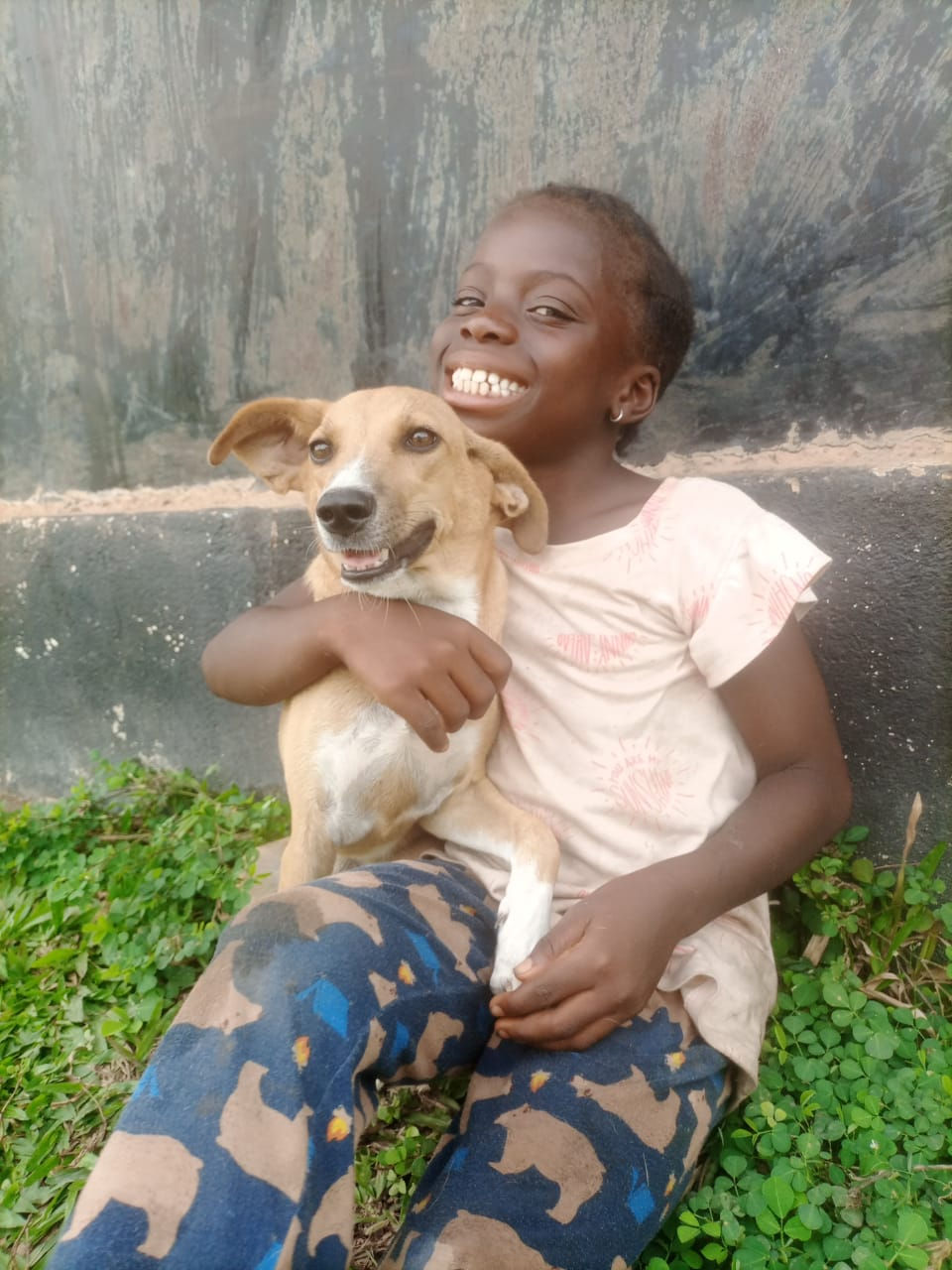Liberia Animal Welfare & Conservation Society: February 2023 Update
- Animal-Kind International

- Feb 21, 2023
- 3 min read
Liberia is a fascinating country, and if you don't know much about it, you may be interested to learn that Africans arrived in Liberia from other parts of Africa, but also, they arrived by a more circuitous route via the United States and the West Indies. Most of those who migrated from the US to Liberia arrived between 1820 and 1865.
Immigration is largely attributed to the American Colonization Society, a U.S. organization founded in 1816 by Robert Finley, to return formerly enslaved African people to Africa. Between 1822 and the American Civil War, about 15,000 African Americans settled in Liberia. Under pressure from Great Britain, the United States "granted" independence to Liberia in 1847.
Interestingly, this is Liberia's flag (look familiar?):

The eleven stripes symbolize the signatories of the Liberian Declaration of Independence and the red and white symbolize courage and moral excellence. The white star represents the first independent republic in Africa, above the blue square representing the African continent (https://en.wikipedia.org/wiki/Flag_of_Liberia).
There's plenty of information about Liberia available online (this was one of my favorite site because you can get lost in the links: https://www.history.com/this-day-in-history/freed-u-s-slaves-depart-on-journey-to-africa), but your best place to find information about cat and dog care, rescue, and advocacy is from Animal-Kind International and our Partner Liberia Animal Welfare & Conservation Society!
Your donations to AKI mainly support LAWCS remote Animal Care Clinics, during which Abie (LAWCS's Animal Health Care Officer) travels throughout Lofa County (by motorbike) taking care of cats and dogs, most of whom never have seen or will get an opportunity to see a vet-there are no vets working in Lofa County.
Abie not only provides vaccinations (mainly rabies and parvo) and internal and external parasite prevention/treatments, as well as other basic care, he also discusses how pet owners can best take care of their pets. During his visits, Abie talks about nutritious food (not feeding bones, especially bones only), the need to have fresh water available always, being kind and gentle with pets, rabies concerns (a huge and real issue for most Liberians), and what to watch for as far as common pet issues and how to treat them.
As you can see in the chart below, LAWCS uses AKI funding to keep their operations running (this includes 12 months of rent of the LAWCS office/clinic, 12 months of salary for Abie and one other LAWCS staff member), and all the meds and supplies needed for the full year of remote animal care clinics).

Here's what's new at LAWCS (made possible by your donations to Animal-Kind International.
Knowing there would be a great need, LAWCS started their outreach animal care services up quickly this year, right after the Festive Season. In early January, Abie visited 9 communities and provided care to 189 dogs and 27 cats. (4 photos below)




Later in January, Abie was back on the road and before the month was over, he had visited 4 more communities in Lofa County and provided free care to 674 dogs. (3 photos below)



Animal care continued to keep Abie busy during the week of February 1 to 9. He traveled to several communities where he provided care for 672 dogs and 8 cats. (5 photos below)





Morris Darbo, LAWCS Founder & Director, sent his thanks: "We are always grateful to AKI for the support that is benefiting a lot of animals and people in Liberia."




